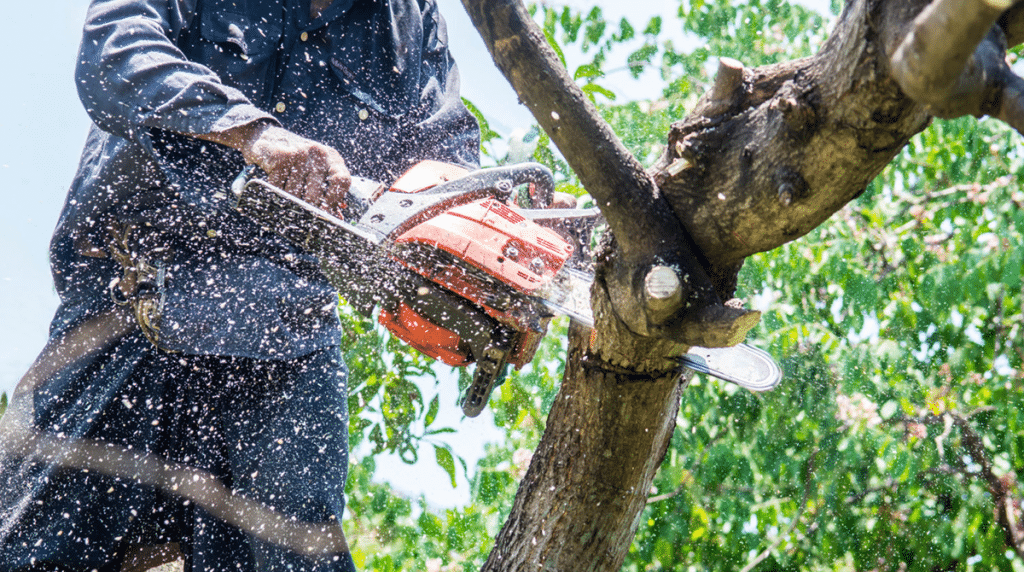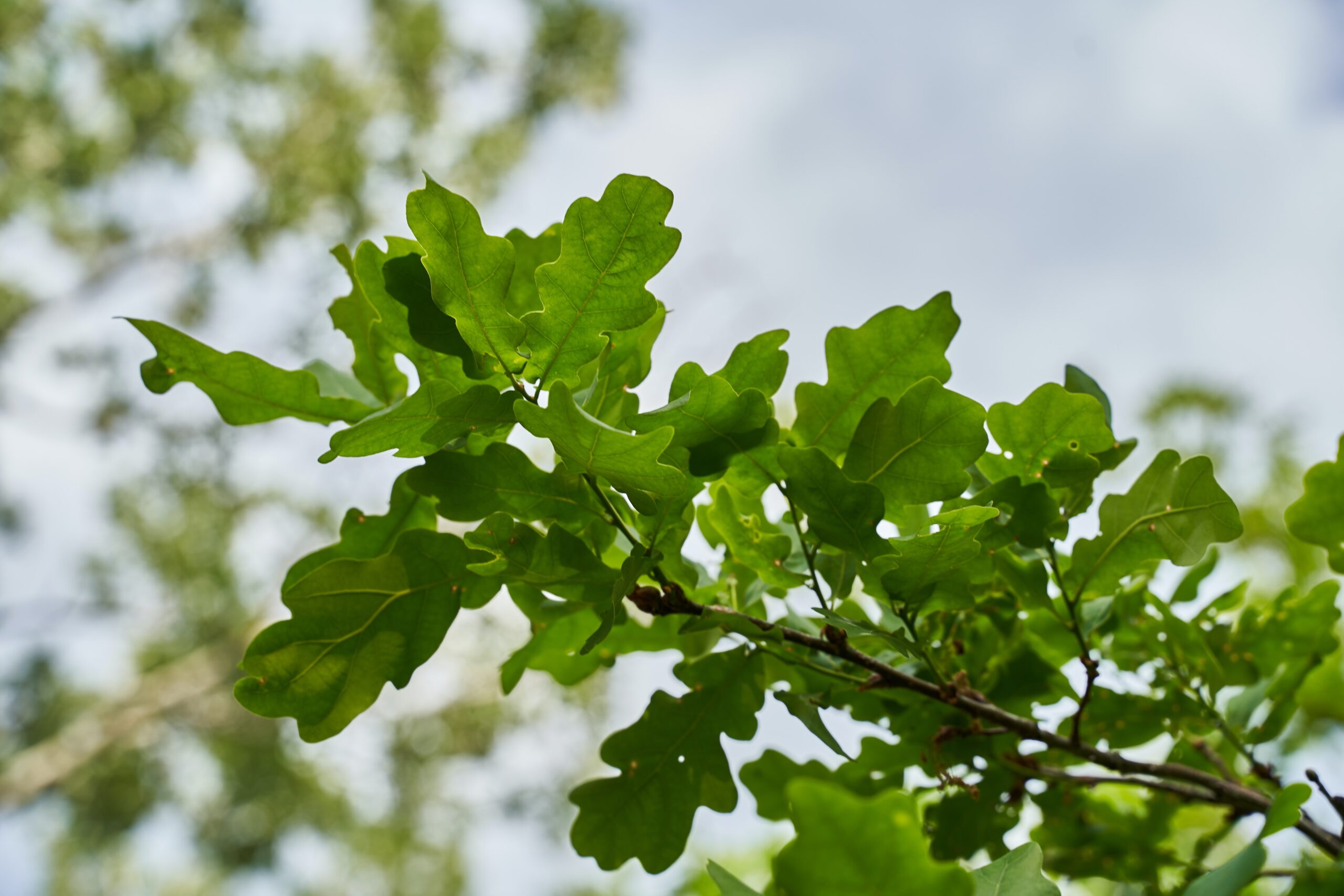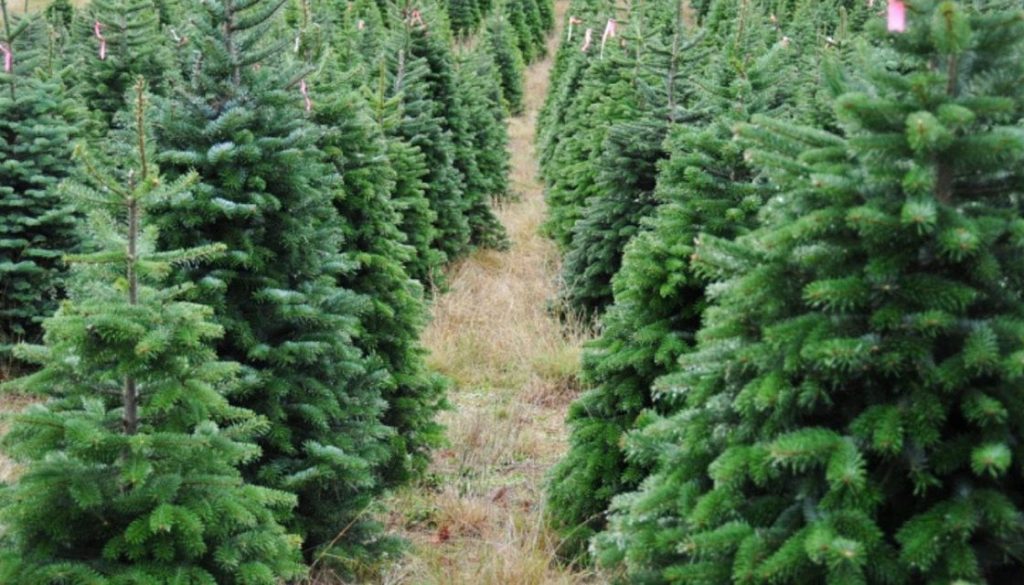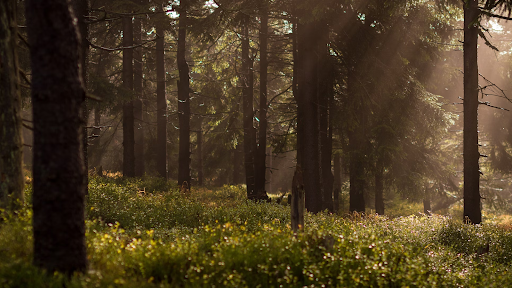
The 6 Biggest Mistakes Homeowners Make When Trimming Their Own Trees
Date November 20, 2020
Category
Tree trimming and tree pruning are essential for the growth, appearance, and health of all trees. These tree services remove dead and dying branches while also removing the risk of having the branches fall on things or people on your property.
It’s tempting to think you could save time and money by putting tree trimming on your DIY to-do list. We strongly advise against taking on tree trimming or tree pruning projects without the help of professional ISA Certified Arborists. It’s simply not worth the risk.
We’re not just saying that–we’ve learned from seeing people make mistakes, and we hope we can help you avoid the same hardship. Too often, homeowners and amateur tree trimmers make the following six big mistakes:
1. Using Dull Tools
Abraham Lincoln was known for saying, “give me six hours to cut down a tree, and I’ll spend the first four sharpening my ax.”
Have you ever tried mowing the lawn with a clogged grass chute? Most people don’t bother sharpening their blades because the grass is easy enough to cut, and they don’t realize how much extra work they’re creating for themselves. When you cut with dull blades, you’re left with big clumps of grass all over your lawn, and you have to go back and cut everything again.
The same problem applies to tree trimming, but it gets worse because trees are harder to cut, not to mention more dangerous. If you make a mistake trimming a tree, those branches aren’t going to grow back as your lawn does.
In some lines of work, it’s just as important to keep your skills as sharp as your tools.
2. Too Much Tree Pruning
Whether or not you’re using sharp tools, it’s important not to get carried away trimming your tree. All too often, homeowners think they need to trim more than they actually do. Over-pruning can really damage the tree–sometimes to the point beyond repair. You want to get rid of the dead and dying branches–not the ones that are going to keep your tree alive. Being able to distinguish what should be cut from what should be left alone is a skill that ISA Certified Arborists are trained to master.
3. Flush Cutting
Thinking about busting out the chainsaw and going to town on that dead branch? Think again. While you might have the right idea of what to do, how to do it is just as important. If you cut too close to the trunk, you could significantly injure the tree and create an uneven look on the bark. That throws off the aesthetic of your landscape, and to make matters worse, will send a big warm welcome invitation to disease, fungus, and pests.
If you don’t cut enough, you might get rid of the falling tree limb hazard, but you’re not helping the tree. An ISA Certified Arborist will know where to cut and how to cut so that the hazard is removed, the tree can recover, and it looks as beautiful as ever.
4. Pruning in Bad Weather
Some people see a storm coming and run for the toolshed to try and get the project done just in time. Bad idea. Not only is it extremely dangerous to prune during in climate weather, but after the storm passes, the tree will probably need some work done on it anyway…unless you’ve been on top of your tree trimming and pruning.
This is why it’s so important to be proactive with tree trimming and tree pruning. ISA Certified Arborists like to take care of all of their tree pruning services regularly so that the trees are prepared for surprise storms. It’s also good practice to have a professional tree trimmer stop by to take care of tree services in late fall or early winter so that the trees are ready to weather the storms and the cold.
5. Poor Cleanup
We all know it’s bad form to be messy, but when it comes to tree pruning, it’s dangerous not to be clean. If you don’t take care of the mess you make from pruning your tree, you’re actually letting the most common cause of tree pruning accidents and fatalities remain on your property. Being struck by a falling branch or limb is known as a “struck by” accident and is the leading cause of serious accidents when pruning trees.
It’s not worth the hassle and risk of cleaning up after DIY tree pruning projects. Let the tree service professionals take care of it for you.
6. Ignoring Safety Measures
It’s not that homeowners are careless; untrained people don’t know what they don’t know about how to do the job right. Tree pruning is a difficult and dangerous job, and it takes an investment of time, study, and practice to do it well. ISA Certified Arborists must not only study safety training measures, they have to continue their training and stay up-to-date on the latest safety measures to keep their certification. The nature of the job has always been dangerous, but fewer accidents happen when homeowners leave the job to professionals who are constantly gaining access to more technology and techniques to keep themselves safe.
Trust Professional Tree Trimmers To Look After Your Trees
You can’t trust your trees to have your best interests at heart, but you can trust your neighbors who want to make sure you, your family, and your property are all protected.
We love and care for all trees that grow in the Dallas-Fort Worth area! Homeowners and commercial property owners count on us for all their tree maintenance needs. From nourishing your trees with our own special blend of fertilizer to tree pruning every season, nothing makes us happier than seeing happy trees and happy customers.
Your neighbors at TreeNewal are here to help you. To reach our ISA Certified Arborists for professional tree maintenance and tree services, or even if you just have some questions, give us a call today at tel:(817) 592-6846
To learn more about how to avoid tree trimming mistakes, call our Argyle and Southlake based teams
at tel:(817) 592-6846 or send us a message.
We’re a little different than the average tree services company.
Learn more about TreeNewal’s ISA Certified Arborists!
Our Dallas/Fort Worth-based tree doctors can explain how sustainable tree care services add more value to your bottom line.
Healthy trees, healthy lives.







